2019-2020 News
Chair's Corner
Dear Classics Alumni, Students, and Friends,
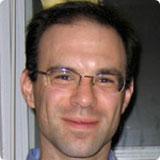
Welcome to the inaugural issue of the Santa Clara University Classics Department’s annual newsletter! My colleagues and I are thrilled to hear from so many of you how much you care about SCU Classics, how valuable you’ve found your time with us has been, and how eager you are to stay informed about your Classics department. We hope this newsletter will make it easier to stay abreast of things that happen in the Classics Department and deepen the sense of community that unites SCU Classicists—alumni, students, and faculty—around their connected experiences at Santa Clara University and shared fascination with the Classical world.
With those goals in mind, this first newsletter will be a bit different from future issues. It will be longer too. It starts with a brief history of the department and faculty profiles. We hope the profiles will enable you younger alumni to learn more about the faculty you know, you more longstanding alumni to learn about faculty who arrived since you graduated, and alumni who preceded Professor Greenwalt…well, we hope that you don’t turn into cicadas just yet. Points of interest from this past year in the Classics department will follow the faculty profiles. The last and to our minds most important section features student and alumni profiles to help you learn more about each other and catch up with your former classmates. We are excited to hear about what all of you are up to, and we would love it if you would tell us your own story so that we can include you in future issues. We’re sure your fellow SCU alumni and our current students are curious as well.
We truly appreciate your continued interest in SCU Classics. If there is anything you would like us to include in future newsletters, just let us know. And remember, please drop us a line to let us know what is going on in your life when you can. We’re to hear about you too!
Sincerely,
Daniel Turkeltaub
Associate Professor and Chair of Classics
Santa Clara University
This is the exposition of my inquiries, so that the events do not fade with time, nor the great and wondrous deeds performed by administrators and Classics faculty ever become unheard-of, including among other things the reason why Classics moved around so much.
Helen Moritz joined what was then called the University of Santa Clara in 1977. When she arrived, Classics was an interdepartmental program centered in St. Joseph’s Hall. Classics had its own chair (George Sullwold from English), a couple of designated faculty, and most importantly its own letterhead. Despite the letterhead, students in those days could not major in Classics and the majority of faculty who contributed to the program belonged to other departments. That faculty included Walter J. Kropp S.J., who donated his book collection to Classics when he retired and after whom the Walter J. Kropp S.J. prize, awarded to the graduating Classics major with the highest GPA, is named.
Helen Moritz became chair of the Classics program shortly after she arrived and in 1981 persuaded the administration to grant Classics full departmental status. Odysseus himself would have marveled. Now, like some modern Pygmalion, or perhaps more like Hephaistos crafting Pandora, Professor Moritz had to give shape to the new department she had created. In 1987 she recruited William Greenwalt away from the History Department, where he had been teaching since 1982. Two Latinists, the Barbaras Gold and Pavlock, were hired and moved on before Moritz and Greenwalt hired John Heath in 1991. Thirty years later the jury is still out on whether “the third time’s the charm” or “three strikes and you’re out” is the more fitting adage. Either way, these three faculty members formed the core of the Classics department for the next twenty years.
They were not the only members of the department, however. John Dunlap fled the English department in 1998 and found refuge with the now four-person Classics department, though he still taught three courses every year for English. Scott Labarge was hired in 2001 as a joint member of Philosophy and Classics, and Michael McCarthy came to SCU in 2003 as a member of Religious Studies and Classics. Over the years several temporary faculty also passed through the department, many of whom went on to have successful academic careers elsewhere.
The core Classics faculty spent most of these early years located on the second floor of O’Connor. During this time Judy Gillette, who was the administrative assistant for History, began helping Classics in the same capacity. After about a decade in O’Connor, the growth of the History and Math departments pushed Classics, a fledgling by comparison, out of the building. John Heath’s office was promptly and appropriately turned into a bathroom, while a bathroom at the other end of the hall was simultaneously turned into a faculty office.
The Classics faculty landed in trailers. After two years working from the trailers, the Classics faculty found a new home in 741 Franklin St., a small Victorian just off campus that the university had refitted to serve as faculty office space. The Classics faculty affectionately dubbed their new home “The Classics House.” The Classics House had just enough space for the five faculty offices the department needed, with an extra room for small seminars and the book collection Kropp had left them.
It was during the department’s time in the Classics House, roughly thirty years after she had founded the department, that Helen Moritz announced her imminent retirement. Her announcement brought about the first change to the core Classics faculty in over a decade. In 2010 Daniel Turkeltaub was hired to be the department’s next Hellenist. The following year, Carolynn Roncaglia was hired on an annual basis to teach ancient history courses while William Greenwalt served the university in various administrative roles.
The department’s days in the Classics House ended in the summer of 2012. SCU sold the historic home for $1 to somebody who would uproot it and transport it elsewhere so that the space could be used to erect a new building for the Art and Art History Department and a parking garage. Legend has it that the administration considered leaving Classics in The Classics House when it was taken away. After dismissing that idea, they considered putting Classics in the new parking garage. In the end they decided instead to move Classics into 874 Lafayette St., a much larger Victorian. The Classics faculty affectionately dubbed their new home “The Classics House.” We pride ourselves on our originality. With the move to the Lafayette house, Classics was not only pushed further off-campus, their office phones were taken away for good measure. In this and many other ways the new Classics House remains to this day an absolutely perfect fit for the department. Please come visit whenever you’re in town.
Once the Classics Department settled into their new home, changes happened rapidly. John Dunlap retired at the end of spring quarter 2014, and Lissa Crofton-Sleigh was hired the following fall on a yearly basis. At the end of that quarter Helen Moritz retired. A large, university-wide celebration was held in her honor. The following fall, the Classics department rehired Carolynn Roncaglia, now as a tenure-track professor, and hired Angela Holzmieister to fill the position John Dunlap previously held. At the end of fall quarter 2015, Judy Gillete retired and Carole Wentz became the department’s new administrative assistant. Shortly thereafter, Michael McCarthy left SCU to become a Vice-President of Fordham University. The department had changed drastically over a mere two years.
A few relatively calm years of classes, research, and listening to William Greenwalt grumble ensued before the 2018-2019 academic year brought another burst of change. In Spring 2018 John Heath stepped down from his long-standing role as department chair and Daniel Turkeltaub assumed the position. With the change, departmental leadership shifted to the newer generation of Classics faculty. Shortly thereafter Carole Wentz retired as the department administrator and Melissa Sims was hired in her place. In fall 2018, Scott Labarge officially moved fully into Philosophy, and in spring 2019 Lissa Crofton-Sleigh was rehired on a more permanent basis. Her promotion increased the size of the Classics Department to six full continuing lines. During this time William Greenwalt announced that he would begin phased retirement in 2020-21 and retire fully at the end of the 2021-22 academic year. His grumbling will be missed.
That is where SCU Classics has been and where it is now. You can learn more about the current Classics faculty in the “Faculty and Staff” section and more about events in Classics this year in the “Events” section.
Faculty Profiles

Forewarned by an oracle that predicted their first-born son would become a professor of classics, my parents abandoned me on a mountain. Fortunately, I was suckled by wolves, or perhaps a band of feral basset hounds—the legends vary—in a Los Angeles suburb. I am told my first words were “et in Arcadia ego,” and I have been pretty much left alone ever since. I graduated in a class of 830 from an LA public high school and adventurously went to college 20 miles away. My love-hate relationship with higher education is well-documented, as I never fully recovered from the disturbing memories of my college and graduate institutions’ mascots (Cecil the Sagehen and a dancing tree).
I taught at UCSD and Rollins College (aka “Babylonian Exile”) before coming to SCU in 1991. I was hired as a Latinist (“mistakes were made,” as Greenwalt frequently notes), but my classes and publications have covered both Greek and Roman authors, primarily poets. I have the intellectual attention span of a golden retriever in a park full of squirrels. But one common denominator has been my interest in various ways the modern world (and Western culture in general) has gone astray by not paying closer attention to what the Greeks and Romans have to teach us, for both good and ill. I have co-authored two books on how many elite Classicists betrayed their own material. Another book suggests that much of Western culture’s thoughtless treatment of “others” derives from the misplaced value the Greeks put on speech. And most recently I have argued that we would all be in much better cultural shape if we had adopted Homer’s gods rather than the biblical deity. This past winter I taught a (real live in-person) course on the Roman legacy in America (“What Have the Romans Ever Done For Us?”) which I enjoyed so much that I have turned it into my next research project, an effort to determine 1) how the Founders were influenced not just by Roman politics but by Roman religion; 2) how remarkably revolutionary were the ideas that the Founders derived from their study of the classics (as well as the Enlightenment) as they came to deal with the place of religion in a new state; and 3) why we have made so little progress in keeping religious fancy out of public life since that great advance in the late 1780s. As for a good classics-inspired summer read, I’d suggest the U.S. Constitution (catch it before it completely disappears).
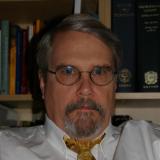
Where are you from / where did you grow up?
My father was a career Army officer, so I moved around a lot as a youth: but in brief, born in Kansas, I spent my junior high school years in Germany, and my high school and college years in Virginia. I took all of my academic degrees from UVa.
What are your areas of specialization?
For my PhD I focused on ancient Greek and Roman history, and minored in the Medieval period. My publication interests have mostly been devoted to early Macedonian history, because as a political historian I have always been interested in liminality, both chronological and geographical.
What projects are you currently working on?
I am currently working on a book which traces the evolution of Macedonian kingship from the Argead period to the end of the Antigonid dynasty (so blithely overthrown by Rome in a series of vile aggressive wars).
What first drew you or currently draws you to study Classics?
What drew me to Classics was ancient history, and what drew me to ancient history was my reading of Herodotus and Thucydides in which I saw chronicled many events which were reacted to by those living during those times in ways that I would not have done. Thus, I began to ask myself, why? What conditions influence the actions of human beings, and do the changes in those conditions affect us in ways which influence us to react in novel ways? (These questions also diverted me from any further study in the sciences (particularly in optical and biological research), to a study of the humanities--as an undergraduate student I eventually majored in English (literature) and History. My graduate degrees are in History. I have no degree anywhere in Classics.
Who are your favorite classical authors to read or teach?
I have eclectic tastes in all that I read, and I read a lot and quickly. Of the ancient authors I am particularly drawn to the Iliad (I tend to be overly judgmental at times, but I always think of Odysseus as a scumbag), Hesiod, Herodotus, Thucydides, Plutarch, Tacitus, Cicero (but only the letters, the rest I find mostly to be self-serving bloviation), and Lucian.
What are your favorite classes or subjects to teach?
Of the many courses I have taught over the decades I particularly enjoy the upper level Greek and Roman history sequences and Greek Religion.
Do you have any Classics-related recommendations for summer reading or watching?
As for summer reading, go light--check out the British historical mystery author, Lindsey Davis in either her Falco or Flavia Albia series: particularly some of the books in the former, especially, Silver Pigs--with perhaps the best opening line I have ever read in a novel. That's all Folks.....

Where are you from / where did you grow up?
I lived in Staten Island, NY until I was ten. My family then moved to Baltimore, where I lived until I left for college.
What are your areas of specialization?
My research areas concentrate on Greek epic, tragedy, and comedy. I am particularly interested in how ancient Greek epic and drama used allusion, intertextuality, humor, and verbal and visual imagery to enrich their depictions of the fraught relationships between social structures and human nature and to shape their audience’s reactions to the themes and plots they presented.
What projects are you currently working on?
I’m currently juggling two projects. One explores how Euripides’ Hecuba raised questions about human freedom, justice, and the individual’s relationship to the state during the early years of the Peloponnesian War. I’m currently working on how the tragedy responds to contemporary developments in grave monuments and military funerals, which helped galvanize support for the war. The other project explores how the Iliad and Odyssey employ humor differently to shape their different visions of the human condition and situate themselves in archaic epic tradition.
What first drew you or currently draws you to study the classical world?
When I was young, I was attracted to Classics through mythology. And Homer, the common Classics gateway drug. As I grew older, what attracted me shifted to the depth of insight into the human condition Classical literature and culture provides.
Who are your favorite classical authors to read or teach?
- Greek: Homer, Aristophanes, Euripides, Thucydides, Plato, Sophocles, and Hesiod
- Roman: Vergil, Apuleius, Terence, Ovid
What are your favorite classes or subjects to teach?
Any Greek or Latin class. I love reading, studying, and teaching the languages most. I also enjoy teaching my Laughter course, which explores how laughter’s biological and social functions contributed to the development of comedy and comedy’s role in society, and my Justice class, which explores ancient Greek concepts of justice and the origins of the jury court system in ancient Athens.

I was born in Santa Clara and grew up in Poquoson, a small town in Tidewater Virginia. I came to classics through history. My father loved history, and when I was growing up we would read books on the history of the Italian Renaissance together. I started reading more broadly in history and archaeology. The trio of Tacitus, Suetonius, and Pliny the Younger lured me into the Roman world. I majored in history and classics at UVA and then went to UC Berkeley for ancient history and Mediterranean archaeology. I work mostly on Roman history and inscriptions. My current project is a study of the ancient Adriatic.

Where are you from / where did you grow up?
I was born and raised in Kansas.
What projects are you currently working on?
I'm researching ethics and the collection of antiquities.
Who are your favorite classical authors to read or teach?
I enjoy reading and teaching Cicero because his Latin is crisp, his philosophy is interesting, and his ego is hilarious.
What are your favorite classes or subjects to teach?
My favorite classes are ethics and friendship because the students really engage enthusiastically in our discussions.

Where are you from / where did you grow up?
I was born and raised in San Francisco, CA.
What are your areas of specialization?
I specialize in Latin literature, particularly late republic and early imperial poetry. I'm interested in visual culture (art and architecture) and how it is represented in Latin literature, as well as Classical reception.
What projects are you currently working on?
Currently I am working on a project which incorporates the learning of the Latin language into a virtual reality format. Called Lingua Vitae, this project is meant to serve as a supplement to traditional Latin textbooks, offering the student or user the opportunity to interact with the ancient language and culture in an immersive, modern way.
Who are your favorite classical authors to read or teach?
On the Greek side: Homer, Sophocles, Euripides, Plato. On the Latin side, Vergil, Ovid, Martial, Seneca, and I'm gonna throw in Aulus Gellius here too!
Do you have any Classics-related recommendations for summer reading or watching?
I've recently been introduced to Steve Berry's Cotton Malone series, which combines mystery, suspense, and history, and I've just started The Venetian Betrayal, involving an intriguing prize hidden within Alexander the Great's tomb. It's not necessarily historically accurate but it is a fun read, mingling the ancient and modern worlds in an interesting way. I have also enjoyed Steven Saylor's mystery series set in ancient Rome!
Events and Announcements
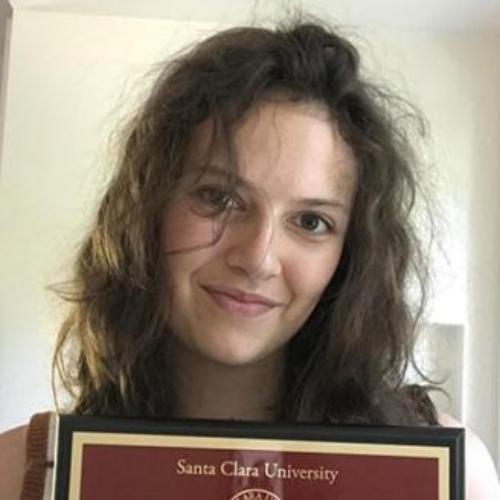
The Arete Prize is awarded to the Classics student who writes the best research or thesis paper.
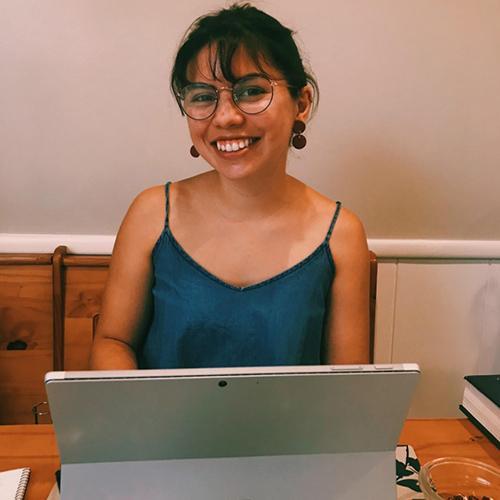
REAL interns talk about their experiences from the summer.
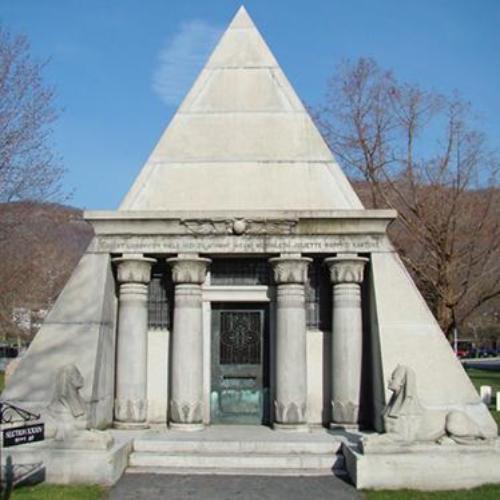
The department hosted Dr. Lisa Pieraccini for a talk entitled “The Etruscans Outside the Box: Ancient and Modern Tomb Biographies”.
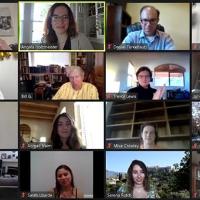
Fifteen new members were inducted into the ΕΨ chapter of ΗΣΦ, the SCU chapter of the national Classics Honors Society.
Student Spotlight
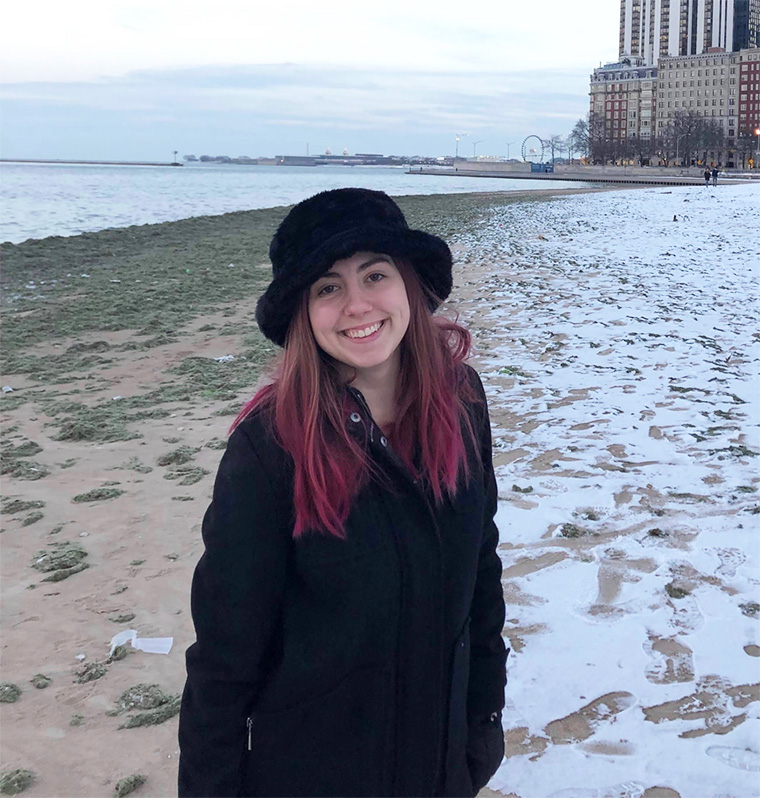
Senior Classical Studies major shares her hopes and exciting plans for 2021
Alumni Updates
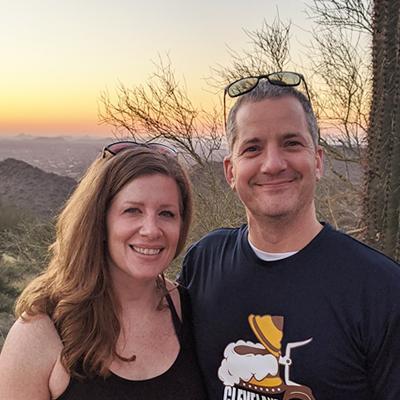
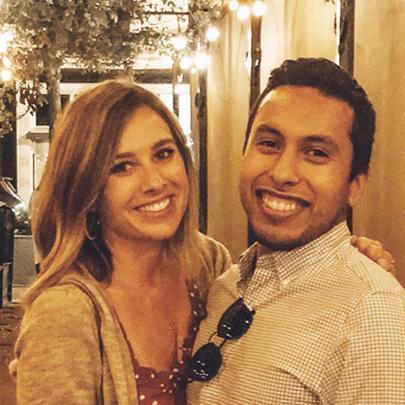
Classical Studies alumna now works in the public sector and is married to a fellow bronco.
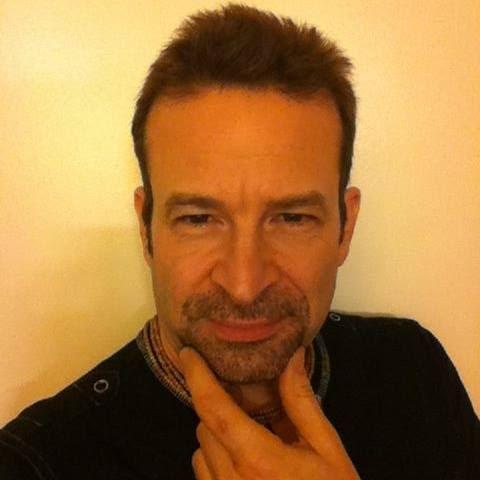
Michael teaches Philosophy is the California Bay Area. He also publishes in Philosophy and started writing fiction a few years ago.
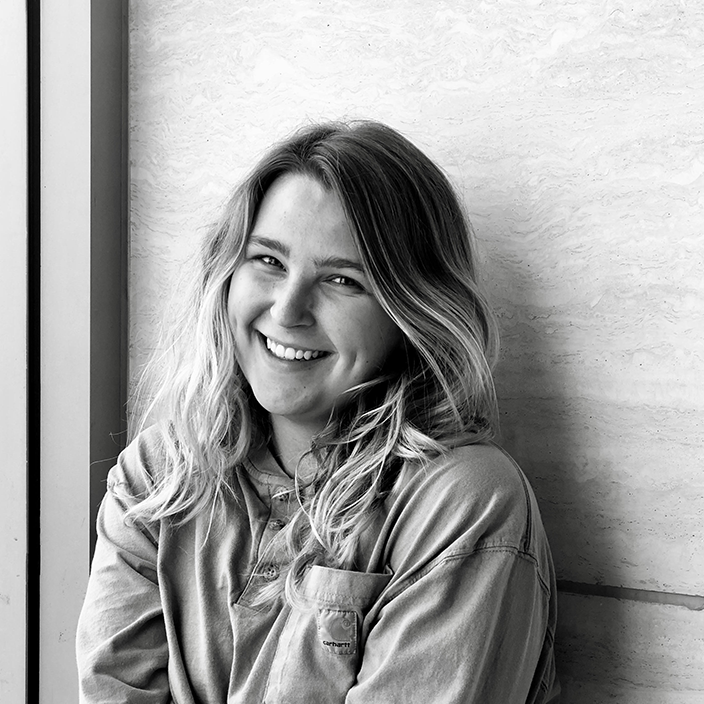
A double major in Economics and Philosophy and a minor in Classics, Johana currently is the Program Manager of Fellowships and Internships for the Markkula Center for Applied Ethics within SCU!
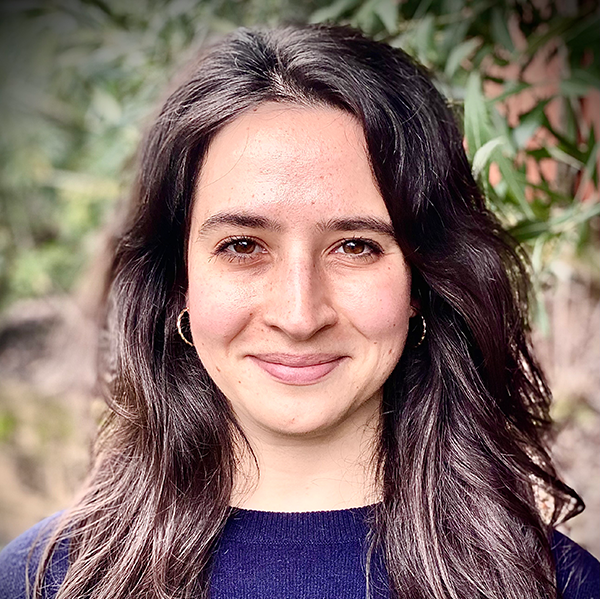
A double major in Classical Studies and Greek & Latin, Laura went on to pursue her Master's in Counseling Psychology at USF.
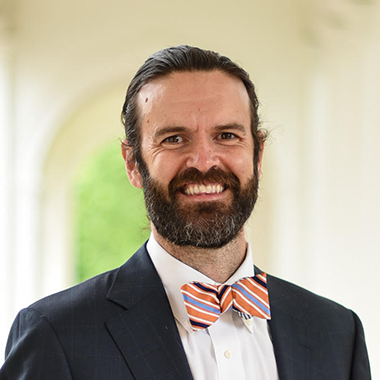
Evan is the Assistant Director for Policy, Accountability, and Critical Events at the University of Virginia, where he also teaches in the Politics Department in the Program on Constitutionalism and Democracy.
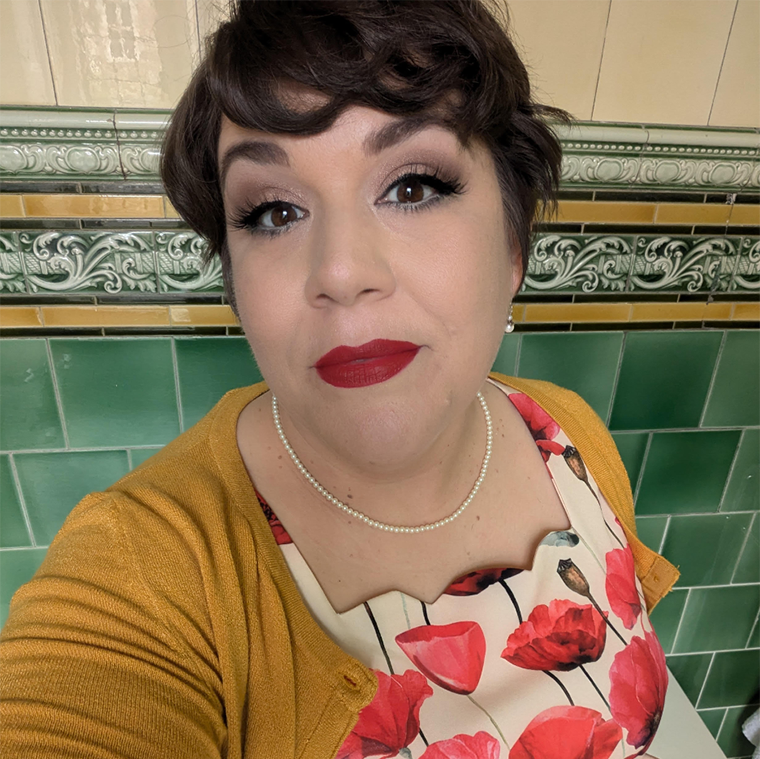
Linda moved to Ireland in 2015 and recently completed a Diploma in Human Resource Practice.
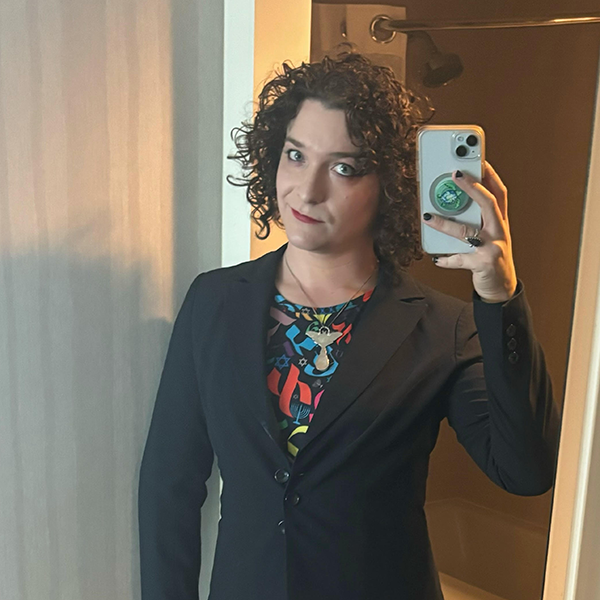
Joanna earned a Ph.D. in Religious Studies from Duke University and is teaching at William & Mary in Virginia.
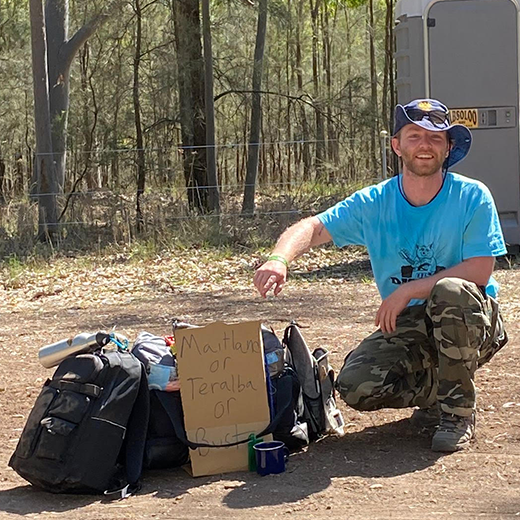
Since graduation Gabriel has spent nine months teaching in Paris and is currently on a five month stint exploring his fatherland of Australia.
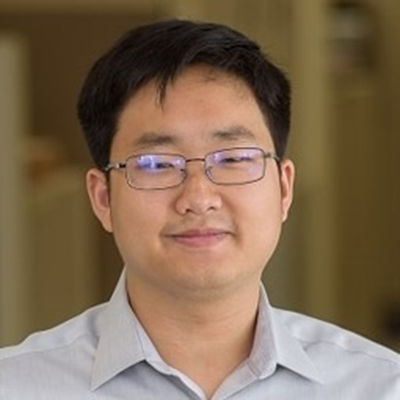
William s now a CPA in public accounting serving private companies.